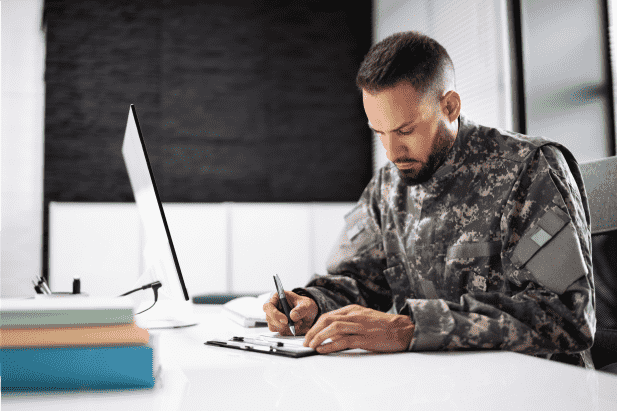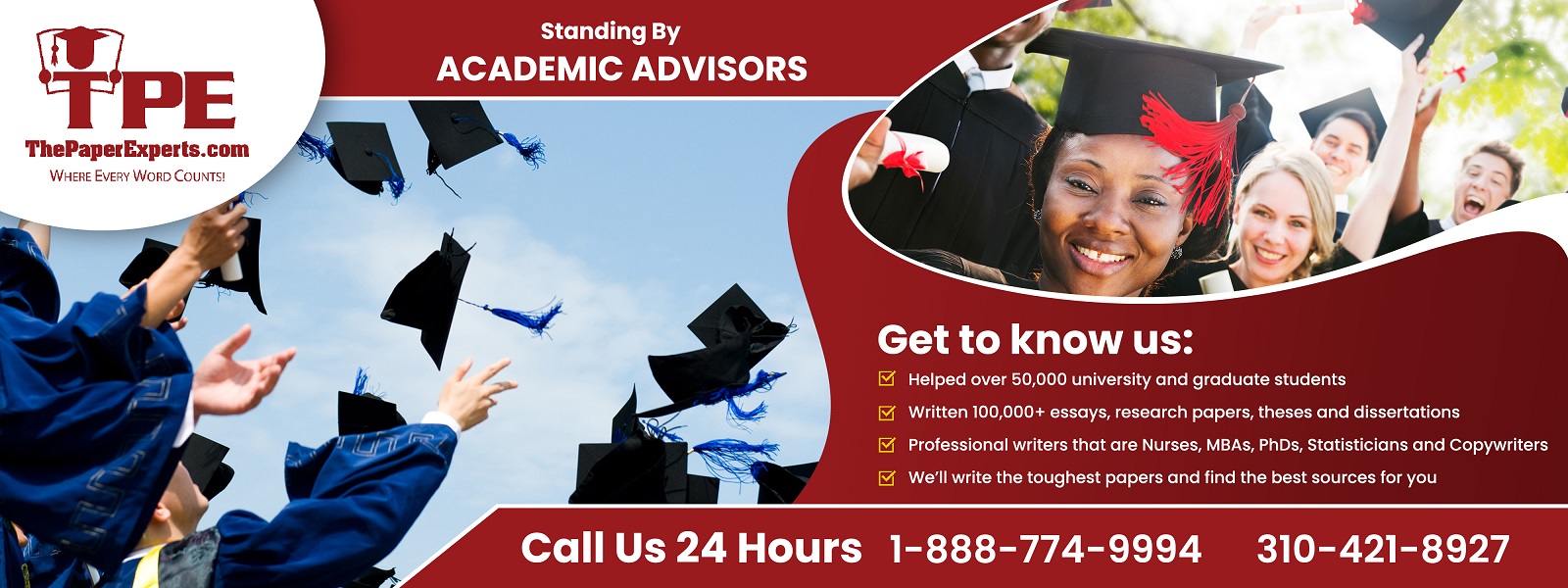
Unveiling the Power of Leadership, Teamwork, Problem-Solving, and Adaptability of Military Skills in Academic Success
The usefulness of talents acquired in the military cannot be understated in the current academic environment. Leadership, teamwork, problem-solving, and adaptability skills developed via rigorous military training and practical experience are paramount in academic projects. Read on to explore the unrealized potential of these military talents and see how they may be used to succeed academically. We shall learn more about the natural advantages of military personnel in their academic endeavors by examining the similarities between the military and academic spheres. The benefits of military talents are extensive, ranging from successful teamwork to inspiring leadership, from strategic problem-solving to adaptable navigating of the ever-shifting academic terrain. Come learn how to conquer academic assignments and achieve a new level of achievement as we investigate how military experience may be utilized.
The Transferable Skills of Military Training
In the dynamic world of academia, the skills cultivated in the military find meaningful applications that can propel academic success to new heights. The core skills developed in the military, including leadership, teamwork, problem-solving, and adaptability, hold tremendous relevance in academic settings. Leadership qualities instill the ability to take charge, motivate others, and foster a collaborative environment. Teamwork skills facilitate effective collaboration with diverse groups, fostering a collective pursuit of knowledge. Problem-solving aptitude equips individuals to tackle complex academic challenges with resilience and resourcefulness. Adaptability empowers learners to navigate the ever-evolving academic landscape with agility and an open mindset. Recognizing and leveraging these skills is key to unlocking one’s full academic potential.
Leadership Lessons for Academic Assignments
Military leadership tenets provide crucial direction and winning tactics. Setting precise objectives, using time management techniques, and motivating team members toward a common goal are all aspects of applying military leadership ideas to academic efforts. Academic assignments require well-stated goals that give a feeling of purpose and direction, much as military commanders develop mission objectives. Military operations are known for their effective time management, guaranteeing that deadlines are met, and activities are prioritized. Encouraging team members via effective mentoring, encouragement, and communication promotes a productive and collaborative workplace. Students can successfully and cohesively traverse the complexity of academic tasks by applying these ideas.
The Power of Teamwork in Academic Endeavors
The teamwork skills ingrained in military personnel bring immense value to collaborative academic assignments. Effective collaboration is vital in academic settings, and military-trained individuals possess the ability to excel in this domain. Their experience cultivates essential qualities such as effective communication, leveraging diverse perspectives, and resolving conflicts within a team. Clear and concise communication ensures that ideas are articulated and understood, fostering seamless collaboration. Leveraging diverse perspectives enriches the creative process, resulting in innovative solutions and broader insights. Military personnel have honed conflict resolution skills, allowing them to navigate disagreements and maintain team cohesion. By harnessing these skills, individuals can contribute actively to group projects, foster a collaborative environment, and maximize their academic achievements.
Problem-Solving Strategies: Military Approaches for Academic
Challenges
The problem-solving techniques acquired through military training are invaluable for tackling academic assignments. Military personnel develops analytical thinking, solution generation, evaluation, and strategic implementation skills. These skills seamlessly transfer to the academic realm, enabling individuals to approach complex problems with clarity and precision. Analytical thinking allows for the systematic breakdown of challenges into manageable components, facilitating a deeper understanding of the issues. The ability to generate and evaluate solutions encourages creativity and critical thinking, ensuring the selection of the most effective approach. Military-trained individuals excel in implementing chosen strategies with adaptability and resilience. By harnessing these problem-solving techniques, students can enhance their academic performance and excel in challenging assignments.
Practical Tips for Applying Military Skills in Academic
Assignments
Military adaptability skills are a valuable asset in the academic arena, enabling individuals to thrive in dynamic and ever-changing environments. Adapting to new learning settings, embracing change, and being resourceful in challenging situations is essential to academic success. Military-trained individuals possess a unique ability to navigate transitions and quickly acclimate to unfamiliar circumstances. This adaptability allows them to adjust to new learning environments in a different classroom structure or online platforms. They excel at embracing change, recognizing it as an opportunity for growth rather than a hindrance. Moreover, their resourcefulness in challenging situations equips them with the tools to overcome obstacles and find innovative solutions.
In applying military adaptability skills to academic assignments, setting clear goals, building effective teams, employing problem-solving techniques, and adapting to academic challenges is crucial. Setting goals provides focus and direction while building effective teams fosters collaboration and mutual support. Problem-solving skills enable individuals to navigate complex tasks, while adaptability allows flexible approaches to overcome academic challenges. Students can enhance their performance and achieve remarkable results by incorporating these skills into their academic journey.
Conclusion
Military experience can also use in a classroom. The military-developed adaptability, leadership, teamwork, problem-solving, and analytical thinking can majorly impact academic attainment. People who recognize the value of their military experience and use these skills can complete their academic endeavors. People with military experience tend to be better at accepting change, adjusting to new learning environments, and coming up with original solutions. Their ability to create goals, form effective teams, and get beyond challenges in the classroom all boost their academic performance. By utilizing their strengths in their academic endeavors, students can reach their full potential and generate exceptional results.
